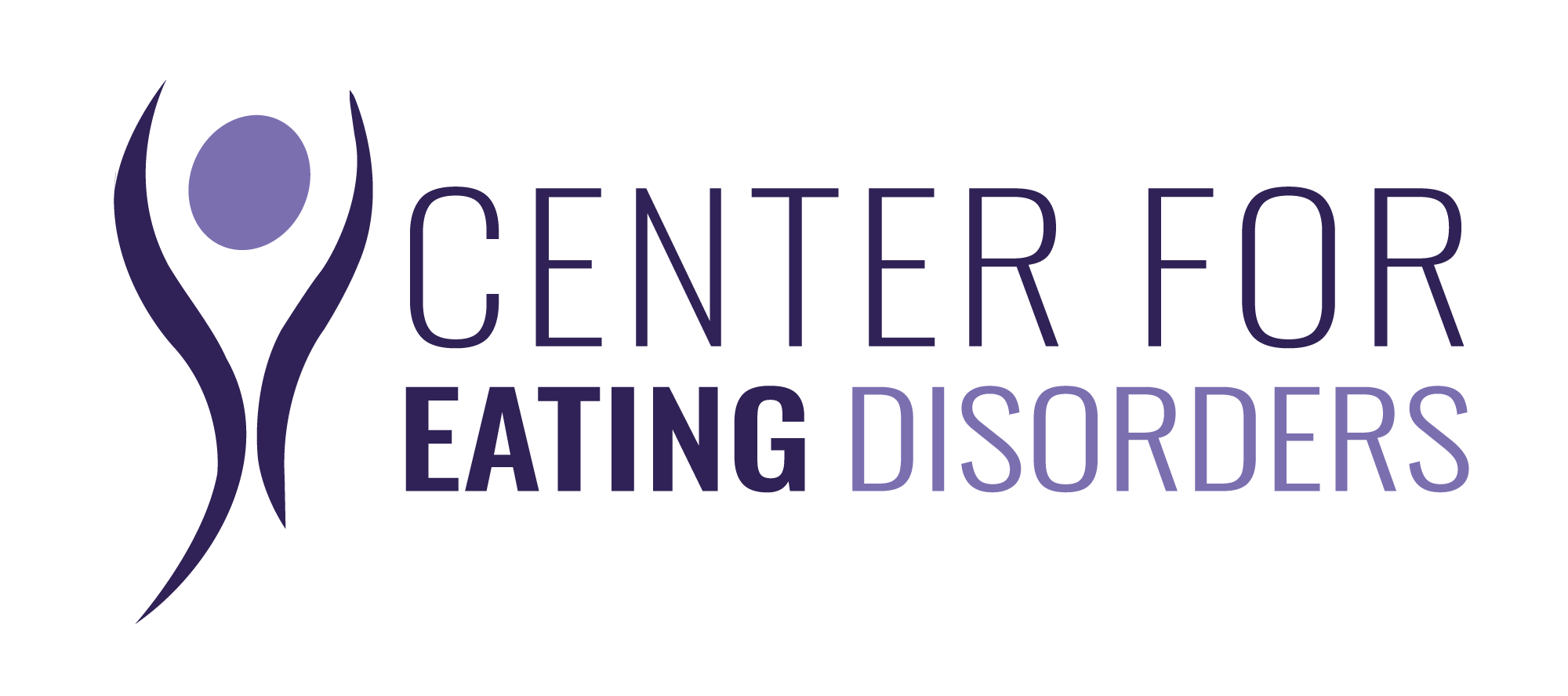Help with binge eating disorder: ways to support those affected and their families
Help with binge eating disorder: ways to support those affected and their families
Binge eating disorder is a complex challenge, not only for those who are directly affected by it. Family members and friends also need help in recognizing and dealing with binge eating disorder. The road to recovery is often long and requires patience, understanding, and ongoing support.

How can I recognize the first signs?
The signs of a binge eating disorder can manifest themselves in many different ways and are often difficult to recognize from the outside. This eating disorder is characterized by regular episodes in which large amounts of food are consumed in a very short period of time, accompanied by a feeling of loss of control over eating behavior. Those affected feel unable to stop eating or control the amount of food consumed during these binge eating episodes.
Another characteristic is the experience of guilt, shame or self-disgust after binge eating. This can lead to those affected concealing their eating behavior and, for example, eating in secret or stockpiling food to hide their binge eating. Such behaviours are often not directly visible from the outside, but can be recognized through careful observation and a deep understanding of the disorder.
In addition, people with a binge eating disorder often withdraw socially and avoid situations in which food plays a central role for fear of judgment or because they cannot control their eating behavior. Changes in weight can occur, but are not observed in all sufferers and are not a reliable indication of the presence of a binge eating disorder.
Emotional well-being is often severely impaired. People who suffer from binge eating often report feelings of depression, anxiety and low self-esteem, which can be both a cause and a consequence of the eating disorder.
How can I provide support?
Recognize the signs:
The first step to getting help is recognizing the disorder. Binge eating is characterized by repeated episodes of uncontrolled binge eating followed by feelings of shame or self-loathing. Vigilance for such patterns is crucial in order to be able to intervene at an early stage.
Start conversations sensitively:
Addressing the disorder requires sensitivity. Relatives should adopt a calm, supportive tone and make it clear that their concern stems from love and a desire to help. It is important to avoid blaming or shaming as this can exacerbate the problem.
Information and education:
Both sufferers and loved ones should educate themselves about binge eating disorder. A better understanding of the disorder can help to recognize symptoms, understand effective treatment methods and set realistic expectations for the recovery process.
Seek professional help:
Support from professionals is an essential part of overcoming binge eating disorder. Therapeutic approaches, such as cognitive behavioral therapy, can help sufferers to understand and change their eating habits. Relatives can provide support by referring them to specialists or accompanying them to therapy sessions.
Building a supportive environment:
Creating an environment that is free from judgment and full of understanding can make a big difference for sufferers. Family members can encourage without pressuring and find ways to support positive behaviors.
Long-term support:
Recovery is a process that takes time and comes with ups and downs. Ongoing support, patience and celebrating small steps forward are essential to help those affected feel empowered and understood on their road to recovery.
Help with a binge eating disorder
Overcoming binge eating disorder is a joint effort that requires commitment from both the sufferer and those around them. Through a combination of empathy, education and professional support, sufferers and loved ones can work together to overcome the disorder and pave the way to a healthier and happier life.





